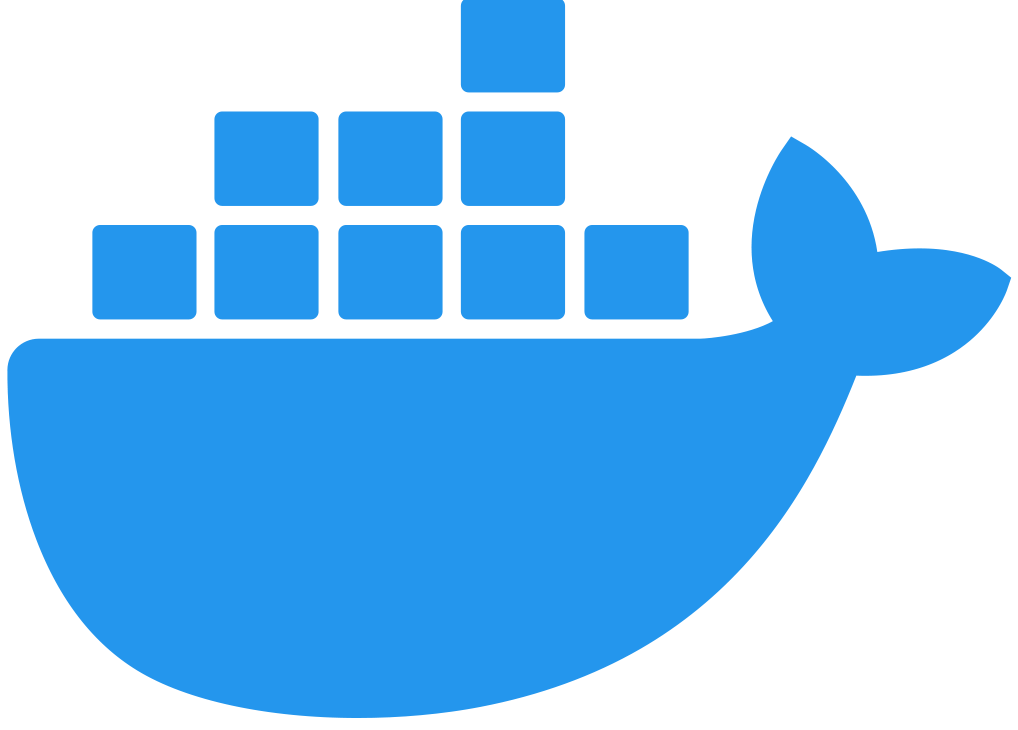apiVersion: gateway.mulesoft.com/v1alpha1
kind: ApiInstance
metadata:
name: products-users-api
spec:
address: http://0.0.0.0:8080
services:
products:
address: https://<your products URL>:<your port>/
routes:
- rules:
- path: /products(/.*)
- path: /products-featured(/.*)
config:
destinationPath: /api
users:
address: https://<your users URL>:<your port>/
routes:
- rules:
- path: /api/users(/.*)
Publishing an API with Multiple Upstream Services
Publish an API running behind Flex Gateway in Local Mode, modifying YAML configuration data by the following method:
-
Linux and Docker:
.yamlfiles
The following procedures demonstrate applying a simple YAML configuration for an unsecured API with multiple upstream services.
Publish an API Running Behind Flex Gateway in a Docker Container |
Publish an API Running Behind Flex Gateway on Linux
Before You Begin
Before getting started, ensure that you have:
-
Flex Gateway installed and running in local mode. See Installing Flex Gateway for more information about installing and running the gateway.
-
Your upstream service URLs. The following example refers to fictional
products-apiandusers-apiservices, but you can specify your own API name inmetadata.nameand your service details inspec.services.
Publish an API
-
Create a configuration file with a
.yamlfile extension:-
Give the file a custom name.
-
Save the file in the Flex Gateway configuration directory
/etc/mulesoft/flex-gateway/conf.d/custom. This directory can contain multiple configuration files.
-
-
Copy and paste the following YAML snippet into the file, substituting your values where indicated:
-
Save the file. The gateway automatically refreshes the configuration.
-
View the logs by executing the following command:
journalctl -u flex-gateway-*
The response looks something like this:
[agent][info] Generating config [agent][info] Gateway default/18b4e890fe7d: Adding ApiInstance default/products-users-api http://0.0.0.0:8080 [agent][info] Gateway default/18b4e890fe7d: Adding Route: &{host: path:/api/products(/.*) methods: headerConditions:[] profile:0xc0030529f0} => {Kind:Service Name:products-users-api-products Namespace:default} [agent][info] Gateway default/18b4e890fe7d: Adding Route: &{host: path:/api/users(/.*) methods: headerConditions:[] profile:0xc0030529f0} => {Kind:Service Name:products-users-api-users Namespace:default} [agent][info] Gateway default/18b4e890fe7d: Adding Policy default/envoy.filters.http.router [agent][info] Gateway default/18b4e890fe7d: Adding Service default/monitoring_metrics http://0.0.0.0:9881 [agent][debug] generating service monitoring_metrics.default.svc hostname: 0.0.0.0 port: 9881 [agent][info] Gateway default/18b4e890fe7d: Adding Service default/products-users-api-products https://<your products URL>:<your port>/ [agent][info] Gateway default/18b4e890fe7d: Adding Service default/products-users-api-users https://<your users URL>:<your port>/ [agent][debug] generating service products-users-api-products.default.svc hostname: <your products URL> port: <your port> [agent][debug] generating service products-users-api-users.default.svc hostname: <your users URL> port: <your port> [agent][info] Writing envoy bootstrap configuration to /tmp/envoy.json [envoy][info] cds: add 2 cluster(s), remove 2 cluster(s) [envoy][info] cds: added/updated 1 cluster(s), skipped 1 unmodified cluster(s)
An API with multiple upstream services is now running behind Flex Gateway.
Publish an API Running Behind Flex Gateway in a Docker Container
Before You Begin
-
Flex Gateway installed. See Install Flex Gateway for more information.
-
Flex Gateway registered and running in Local Mode. See Register and Run in Local Mode for more information.
-
Your upstream service URLs. The following example refers to fictional
products-apiandusers-apiservices, but you can specify your own API name inmetadata.nameand your service details inspec.services.
Publish an API
-
Open a terminal and navigate to the directory that will contain your Flex Gateway configuration files. This directory was specified when you started Flex Gateway.
-
Create a configuration file with a
.yamlfile extension:-
Give the file a custom name.
-
Save the file.
-
-
Copy and paste the following YAML snippet into the file, substituting your values where indicated:
apiVersion: gateway.mulesoft.com/v1alpha1 kind: ApiInstance metadata: name: products-users-api spec: address: http://0.0.0.0:8080 services: products: address: https://<your products URL>:<your port>/ routes: - rules: - path: /api/products(/.*) - path: /api/products-featured(/.*) config: destinationPath: /api users: address: https://<your users URL>:<your port>/ routes: - rules: - path: /api/users(/.*) -
Save the file. The gateway automatically refreshes the configuration.
-
View the Docker container logs, which look something like this:
[agent][info] Generating config [agent][info] Gateway default/18b4e890fe7d: Adding ApiInstance default/products-users-api http://0.0.0.0:8080 [agent][info] Gateway default/18b4e890fe7d: Adding Route: &{host: path:/api/products(/.*) methods: headerConditions:[] profile:0xc0030529f0} => {Kind:Service Name:products-users-api-products Namespace:default} [agent][info] Gateway default/18b4e890fe7d: Adding Route: &{host: path:/api/users(/.*) methods: headerConditions:[] profile:0xc0030529f0} => {Kind:Service Name:products-users-api-users Namespace:default} [agent][info] Gateway default/18b4e890fe7d: Adding Policy default/envoy.filters.http.router [agent][info] Gateway default/18b4e890fe7d: Adding Service default/monitoring_metrics http://0.0.0.0:9881 [agent][debug] generating service monitoring_metrics.default.svc hostname: 0.0.0.0 port: 9881 [agent][info] Gateway default/18b4e890fe7d: Adding Service default/products-users-api-products https://<your products URL>:<your port>/ [agent][info] Gateway default/18b4e890fe7d: Adding Service default/products-users-api-users https://<your users URL>:<your port>/ [agent][debug] generating service products-users-api-products.default.svc hostname: <your products URL> port: <your port> [agent][debug] generating service products-users-api-users.default.svc hostname: <your users URL> port: <your port> [agent][info] Writing envoy bootstrap configuration to /tmp/envoy.json [envoy][info] cds: add 2 cluster(s), remove 2 cluster(s) [envoy][info] cds: added/updated 1 cluster(s), skipped 1 unmodified cluster(s)
An API with multiple upstream services is now running behind Flex Gateway.





